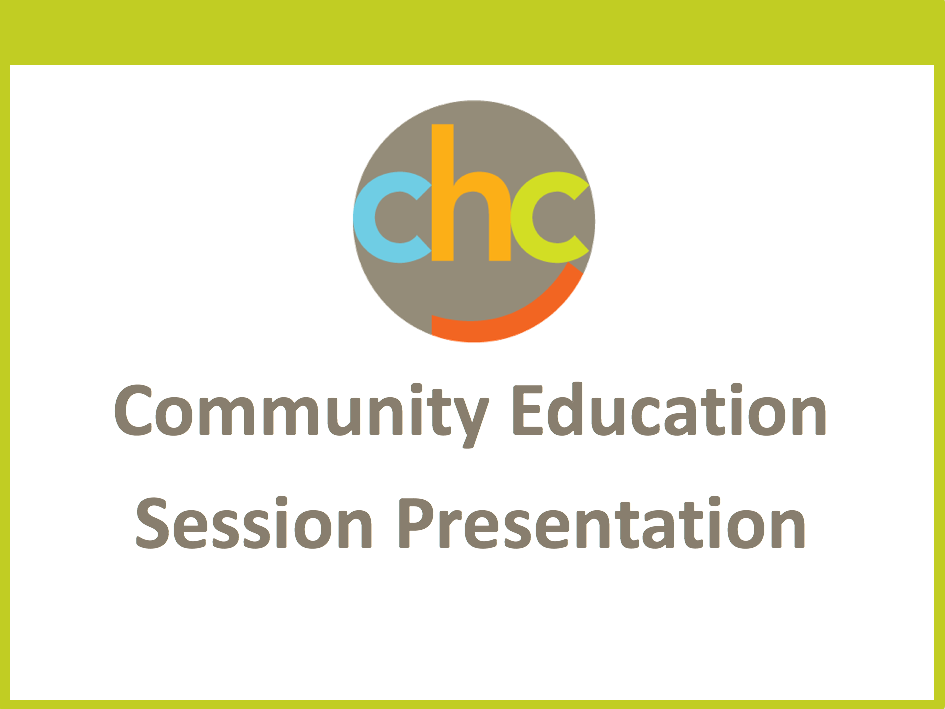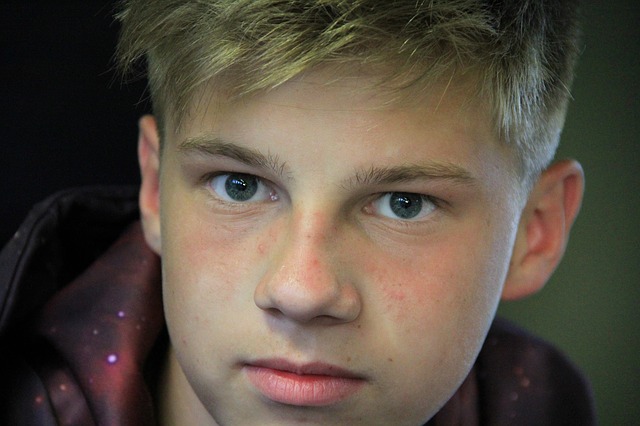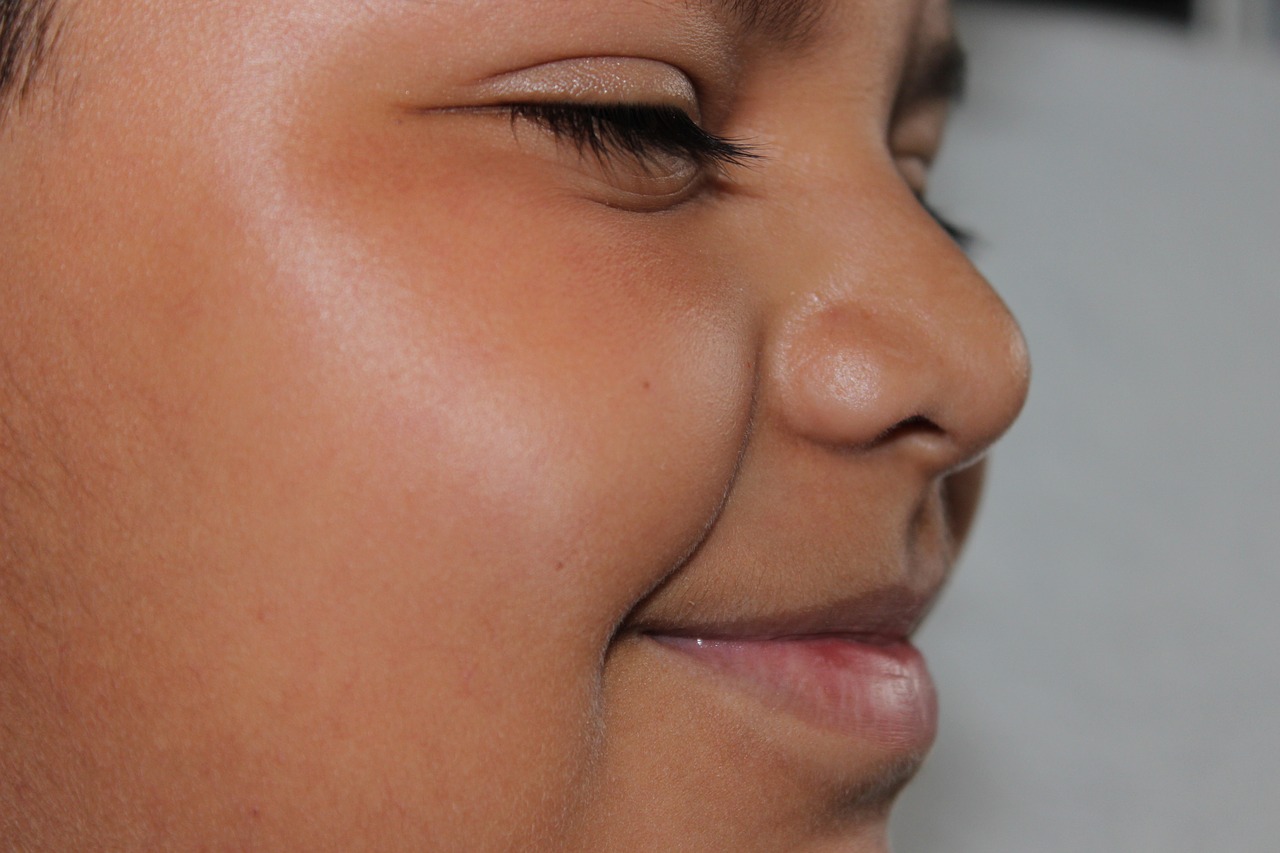EdRev Expo 2018 Workshop: Speaking the College Language —How to be a Savvy Student [downloadable]
 Many students transitioning from high school to college are unaware of post-secondary terminologies that play a crucial role in successful navigation of the post-secondary landscape. This is particularly true of students with learning and attention issues, who are focused on just getting to class on time, completing homework and accessing accommodations. Students need to build awareness of strategic approaches for self-help beyond ADA accommodations. Read more ›
Many students transitioning from high school to college are unaware of post-secondary terminologies that play a crucial role in successful navigation of the post-secondary landscape. This is particularly true of students with learning and attention issues, who are focused on just getting to class on time, completing homework and accessing accommodations. Students need to build awareness of strategic approaches for self-help beyond ADA accommodations. Read more ›





 National data indicates that about one-third of teenagers will experience an anxiety disorder, with 8 percent seriously impaired. Research and anecdotal evidence suggest that these numbers, higher than in decades past, reflect a real increase, not just a rise in reporting.
National data indicates that about one-third of teenagers will experience an anxiety disorder, with 8 percent seriously impaired. Research and anecdotal evidence suggest that these numbers, higher than in decades past, reflect a real increase, not just a rise in reporting. 
 For parents, childcare providers, and early educators, new research describes a simple and powerful way to build children’s brains: talk with them, early and often.
For parents, childcare providers, and early educators, new research describes a simple and powerful way to build children’s brains: talk with them, early and often. 
 Scientists from
Scientists from 

